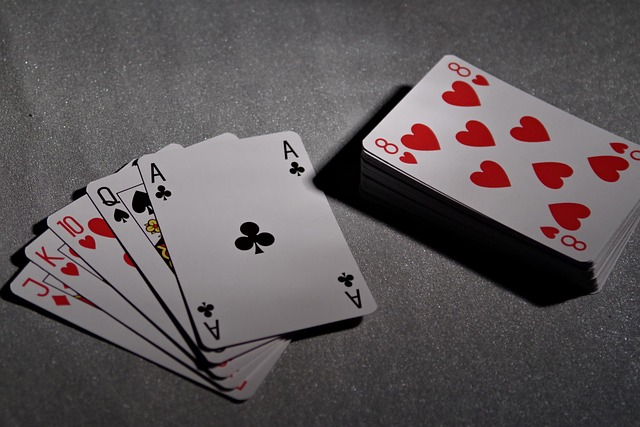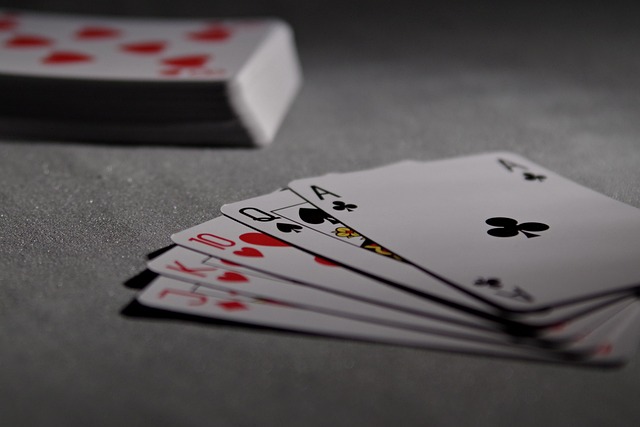When it comes to online gambling, every game has a built-in mathematical advantage for the casino—this is known as the house edge. While many players chase luck and bonuses, understanding house edge can help you make smarter decisions and choose games that offer better returns over time.
The house edge ensures that the casino maintains long-term profitability, but it doesn’t mean players can’t win. With the right knowledge, you can use this concept to your advantage and maximize your chances in online games of chance.
Here’s a clear explanation of what house edge is, how it works, and how it affects your experience as an online casino player.
What Is the House Edge?
The house edge is the percentage of each bet that the casino expects to keep over the long run. It’s calculated as the difference between the true odds of a game and the payout odds offered by the casino.
For example, if a game has a house edge of 5%, that means the casino expects to keep $5 for every $100 wagered—on average, over time.
This doesn’t mean you’ll lose $5 every time you play. In the short term, you might win or lose much more. But in the long term, the odds tilt slightly in favor of the house.
How House Edge Varies by Game

Different online casino games come with different house edges. Here are some general ranges to help you understand what to expect:
- Blackjack: 0.5%–2% (depending on rules and strategy)
- Baccarat: 1.06% on banker bets, 1.24% on player bets
- Roulette: 2.7% (European), 5.26% (American)
- Craps: 1.4% on pass line, higher for certain bets
- Slot Machines: 2%–10% or more, depending on volatility and RTP
- Video Poker: Around 0.5% with perfect strategy
- Keno: Often 20%–30%, one of the highest house edges
Games like blackjack and baccarat offer some of the lowest house edges, especially if you know the basic strategy. Slot machines and keno, while popular, usually carry a higher house edge—meaning the odds are more in the casino’s favor.
RTP vs House Edge
You’ll often see the term Return to Player (RTP) used alongside house edge. These are essentially two sides of the same coin.
- RTP is the percentage of wagered money the game pays back to players over time.
- House edge is the opposite: it’s the percentage the casino keeps.
So, a slot with 96% RTP has a house edge of 4%. The higher the RTP, the lower the house edge—and the better your long-term odds.
This is why checking a game’s RTP is a good habit before playing. Most online casinos make this information available in the game details or rules section.
Why House Edge Matters for Players
Understanding the house edge helps you make more informed gambling choices. Here’s how it can benefit your gameplay:
- Budgeting: Knowing how much you can expect to lose over time helps you plan your bankroll.
- Game Selection: You can favor games with lower house edges to stretch your funds further.
- Expectation Management: It helps you understand that short-term wins are possible, but long-term odds always favor the house.
- Strategic Play: In skill-based games like blackjack or poker, understanding house edge can influence your decisions.
Ultimately, recognizing the house edge helps you gamble responsibly and strategically, rather than relying purely on chance.
Can You Beat the House Edge?

While the house always has an edge, there are ways to minimize its impact or tilt the odds slightly in your favor:
- Learn and apply basic strategy for games like blackjack or video poker.
- Choose games with high RTPs and avoid novelty games with unknown or high house edges.
- Take advantage of bonuses and promotions to extend your play without using more of your own money.
- Practice solid bankroll management to avoid big losses and enjoy longer sessions.
Remember, the house edge is based on long-term averages. In any single session, you could win big—or lose it all. Playing smart is about making decisions that give you the best possible value over time.
The house edge is a fundamental part of every online casino game, silently shaping your experience behind the scenes. While it ensures that casinos make a profit, it doesn’t mean players can’t have fun or win. By understanding how it works and using it to guide your choices, you can improve your gameplay and make more of your time online.
Choose wisely, play responsibly, and always remember that in gambling, knowledge is one of your best bets.
